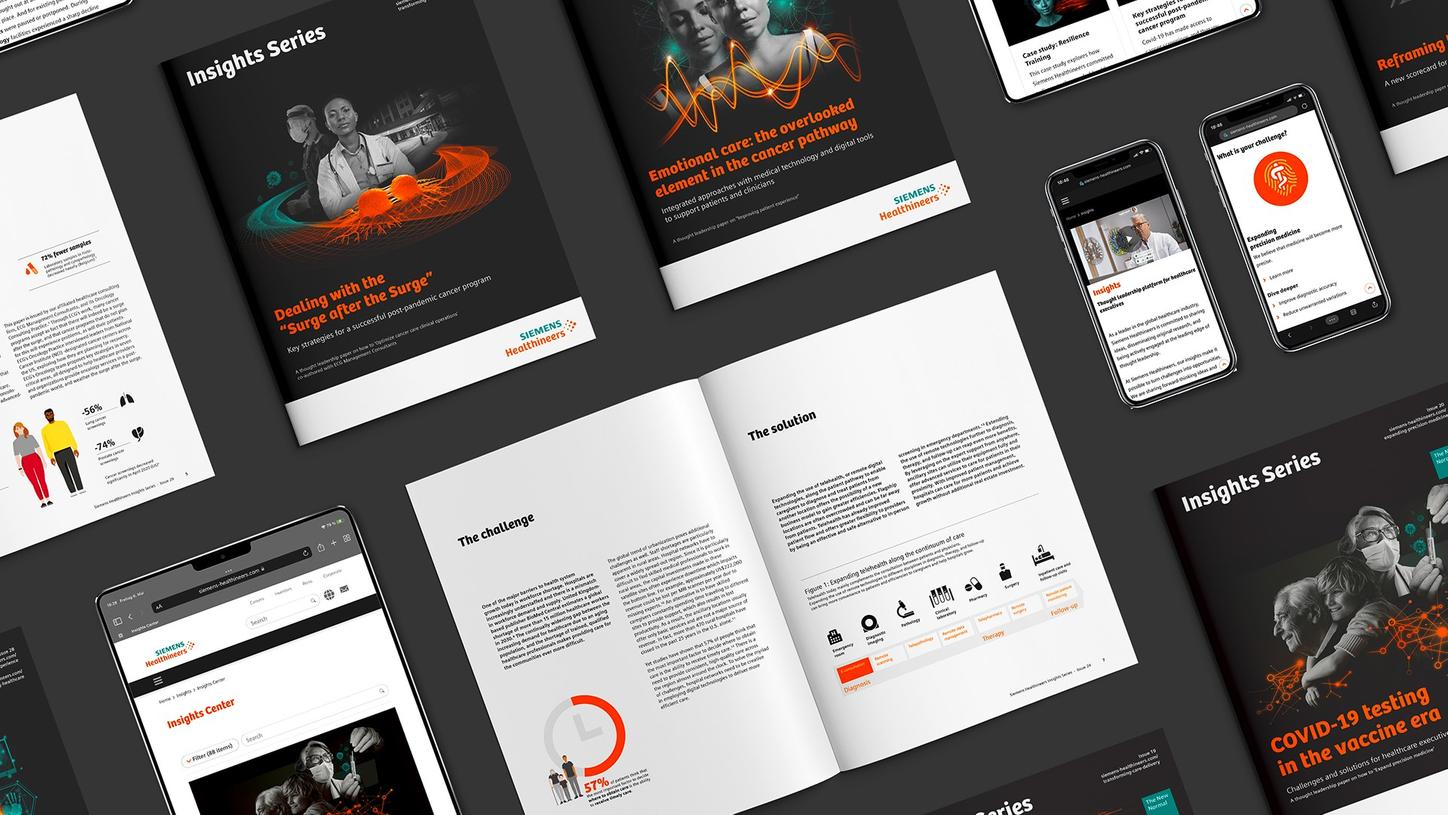During the COVID-19 pandemic, "flattening the curve" and "social distancing" were among the most dominant strategies to slow the spread of the pandemic. Healthcare providers, however, were different; instead of staying at home the pandemic meant continuing to work - in more stressful conditions, and at a greater personal risk. Frontline caregivers were significantely more likely to contract SARS-CoV-2; in the U.S. alone more than 500 healthcare workers have died from COVID-19 as of July 2020.
How can staff be better protected and risks mitigated?
One effective solution is the adoption of remote work for staff not involved in frontline patient care. Working remotely not only protects healthcare workers, it also supports a more efficient allocation of resources.
This paper looks at how working remotely can be effectively implemented within healthcare systems, and offers five suggestions on how providers can introduce remote work in their organizations.
This paper is part of the Siemens Healthineers Insights Series - the New Normal
Remote work for healthcare professionals - Key takeaways from the paper
Remote work has been a growing trend in the last decades. Healthcare, however, has been slow to embrace this development. Today technological innovations make remote work more feasible, even in healthcare. COVID-19 has brought the benefits of it into even sharper focus.
Remote work in healthcare can:
- improve workplace safety
- help to overcome capacity constrains
- enhance efficiency and productivity
The benefits of remote work are significant - for patients, for healthcare employees, and for employers. An understanding of these benefits provides a compelling argument for why remote work solutions should be integrated into strategic plans, infrastructure, and workflows of healthcare organizations.
For more on the Insights Series, please visit siemens-healthineers.com/insights-series.

Don’t miss the latest insights
Subscribe to receive upcoming Insights Series and other thought leadership insights sent to you personally, free of charge.
